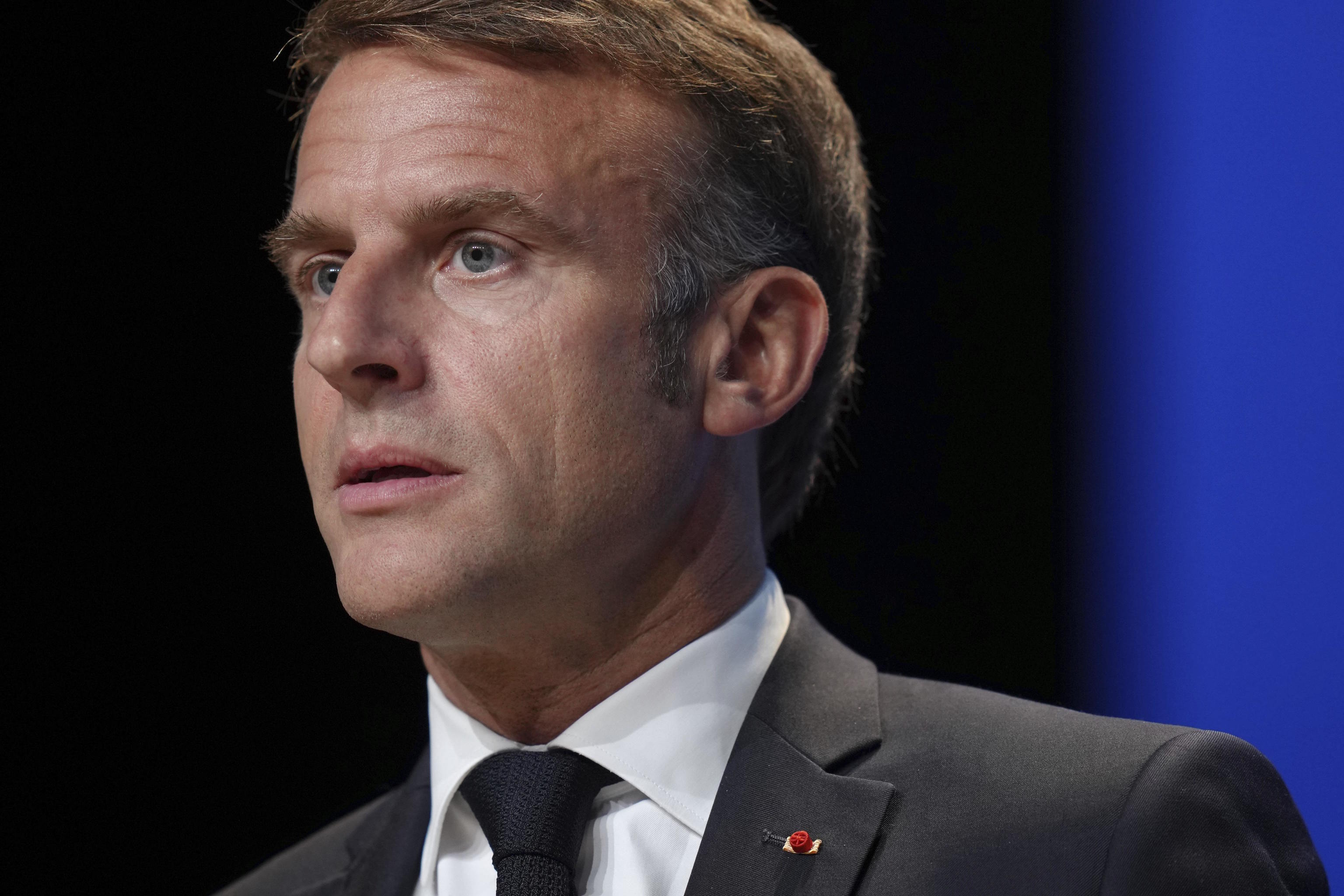France finally has a new government, two weeks after Emmanuel Macron appointed the conservative Michel Barnier as prime minister, and more than two months after the legislative elections that left the Assembly fragmented and the country plunged into political chaos. It is the most fragile government of the Fifth Republic and the most difficult to form. And in reality, its duration depends on whether Marine Le Pen's party vetoes it.
The Secretary-General of the Elysée, Alexis Kohler, has been in charge of reading the list of 39 ministers, which includes a broad representation of the French right, and where the left is absent, despite being the majority bloc in the legislative elections, but chose not to be part of the new team.
The list, presented by Barnier to Macron on Thursday and validated after several adjustments, has also received approval from the High Authority for Transparency in Public Life, which checks that none of the ministers have tax issues or conflicts of interest. The announcement of the new government comes hours after thousands of people, mostly from the left, protested in France against Macron, calling for his resignation, as well as that of the new government. The first council of ministers will meet on Monday at the Elysée.
It has been challenging to put together this government, the first coalition government in France, and its duration is uncertain given the political instability in the country, unprecedented in decades. The legislative elections left the Assembly divided among three blocs: the left (New Popular Front, with 192 seats), the Macronist center-right bloc (165), and Marine Le Pen's far-right (142 seats). The Republicans, heavily represented in the new team, have 47 deputies.
Since none have a majority, Barnier had to negotiate with both sides to create a team that represents the parliamentary spectrum. In reality, it is a government more tilted to the right than the previous one, with figures from the more conservative wing and without the left. It was the bloc that obtained the most seats in the legislative elections. Grouped under the New Popular Front, they refused to participate in the government. It consists of ecologists, socialists, communists, and La France Insoumise.
The new government has 39 ministers, although many of them are delegated ministers with the rank of State Secretary. There are 17 in full exercise. There are seven Macronists, three from The Republicans (in addition to the prime minister, who is from this party), two from Modem, and one from Horizons. In addition, there are two from the diverse right group, one from the diverse left group, and one from the independent Liot group. Among the delegated ministers, the majority are Republicans.
There is controversy over the presence of the head of The Republicans in the Senate, Bruno Retailleau,the new Minister of the Interior, considered too conservative: Retailleau opposed the inclusion of the right to abortion in the Constitution and was against same-sex marriage.
There is only one minister from the left, from the "diverse left" group. It is Didier Migaud, in Justice. Some outgoing ministers remain, such as Sébastien Lecornu (Defense), or Rachida Dati, who continues to lead the Culture portfolio. In Foreign Affairs is Jean-Noel Barrot, from MoDem. Additionally, a Ministry of Secularism has been created, to be led by Othman Nasrou, from The Republicans.
The strong ministries remain in Macron's hands: such as Defense, but also the two economic ones. At the helm of the Economy is Antoine Armand, from Renaissance. Laurent Saint-Martin, from the same party, is in charge of Budget, facing the first challenge of the new government as he has to present the new budgets at the end of the month.
This government may not last long and, in reality, its duration depends on whether Marine Le Pen wants to bring it down, supporting the motion of censure that the left has already announced. Jean-Luc Mélenchon, leader of La France Insoumise, has called for "getting rid of this government as soon as possible."
For it to last, it needs Reagrupamiento Nacional, Le Pen's party, not to veto it in a motion. This government "is transitional (...) The great alternative we propose, we will continue to prepare it to allow France to rebel," said Le Pen. "This 'new' government signals the return of Macronism through the back door (...) It is a government that has no future," said Jordan Bardella, president of the party.
